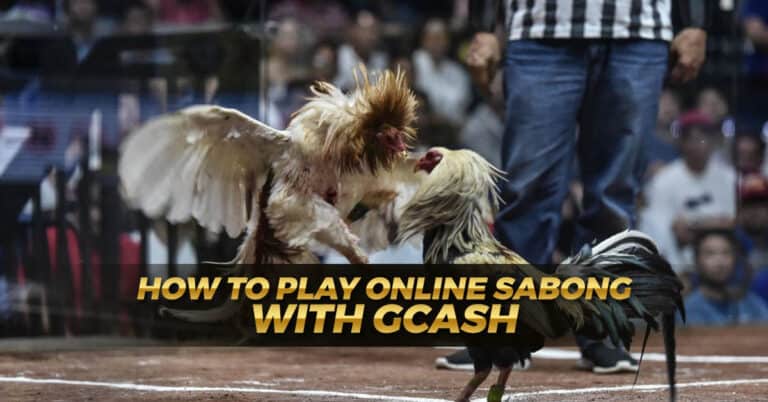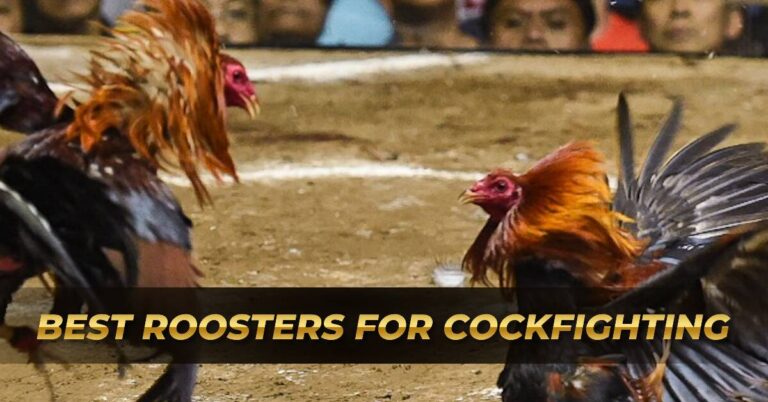A Guide on How to Train a Roosters for the Battle
A fighter needs to train to prepare for a fight because training enables the fighter to increase their strength, perfect their abilities, and be in the best form possible so that they can win on the day of the battle. The same is true for gamefowl employed in cockfights; to have the advantage over their rivals in the ring, they must also go through training.
Training roosters may be challenging, requiring much patience and constancy from any training person. On the day of the battle, the time and effort you put in to train your gamefowl using the appropriate methods and plans will pay you in the form of increased strength and intelligence for your birds. The following is an instruction manual for training roosters.

What Methods Are Used to Teach Roosters to Fight?
Roosters often start acting aggressively between the ages of four and six months, and they will show this behavior not just toward older birds but also toward people. You may begin teaching cocks at such an early age because the sooner you start, the more effectively they will learn and respond to the instruction. Here are some suggestions to help your gamefowl become more robust:

Get Some Regular Exercise.
Regular exercise is the most critical factor in determining success in cockfights. Maintaining your fighting cock’s peak physical condition requires a consistent workout plan regularly. Physical activity not only helps to enhance cognitive function but also helps to excite the mind. Because roosters fight using their beaks, claws, and wings, it is essential to perform workouts that concentrate on developing the strength of these body parts.
Strive Consistently
In addition to the health benefits, sparring enables cocks to learn and perfect their attack styles. The sparring sessions can be challenging, but by the third and fourth sessions, you’ll be able to determine what strategies work best for your gamefowl and which ones they struggle with.
Facilities Suitable for Instruction
It is insufficient to teach your gamebirds by merely placing them on the ground and encouraging them to attack arbitrary targets. It is essential to have specific facilities to guarantee that the birds will be taught appropriately so that they may realize their full potential.
How can a Rooster be Made to Become More Stronger?
Feeding and training your gamefowl correctly will make them more powerful. Gamecocks may be nourished to peak performance using rooster feed explicitly designed for this purpose.

Fresh fruits and vegetables, whole grains, high-quality proteins like meat, eggs, fish, legumes, and lots of water make for a healthy diet for gamefowl. Proteins like steak and eggs need to be prepared before being fed to the cock, but the rest of the meal can be provided raw.
Vitamins and minerals should be added to a gamefowl’s diet on top of providing a well-balanced and healthy diet. Others supplement a rooster’s food with crude protein to speed up muscle recovery and boost the bird’s overall strength.
Because roosters demand more excellent protein and less calcium than laying hens, you must feed them with a special diet. Raising the feeders to a height where only the roosters can access them is another option.
How to Stop Rooster Fighting?

You may have heard that gamefowl are inherently aggressive and, hence, impossible to keep from fighting, but this is untrue. When properly socialized and socialized, cocks may coexist without fighting.
First, place any belligerent bird in its cage. Then, in the chicken yard, scatter treats around the cage’s perimeter to entice the other hens to forage and get to know the rooster.
While the other birds in the flock may react to the rooster’s aggressive stance, they will not be able to engage with him because of the cage physically.
Conclusion
Gamefowl that are going to compete in cockfights here at Sabong International need to have a good upbringing and training to come out on top. Training might be challenging, but if you put in a lot of time, effort, and patience, you will be rewarded with success on game day.










